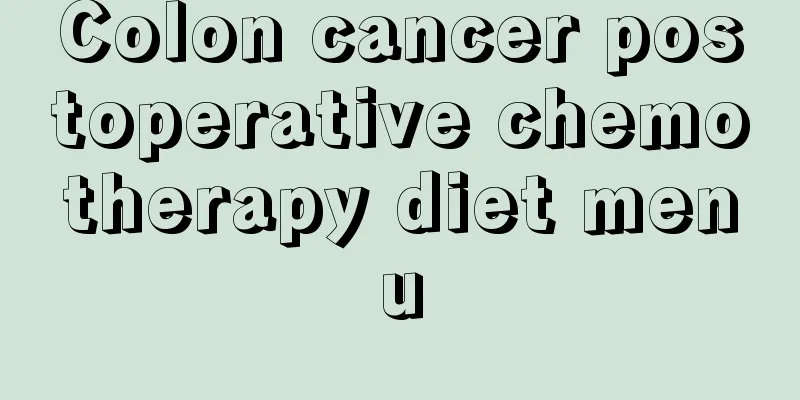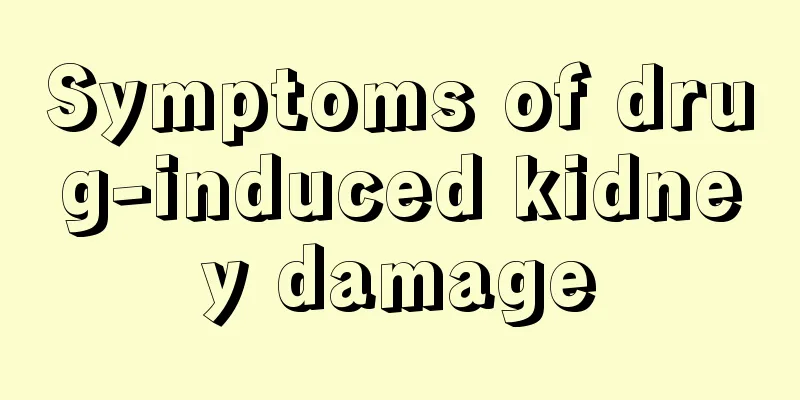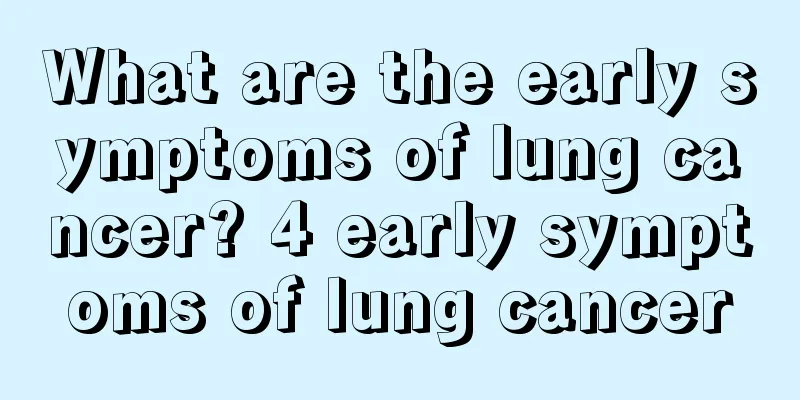Colon cancer postoperative chemotherapy diet menu

|
Everyone is relatively familiar with colon cancer. Among many malignant tumor diseases, the harmfulness of colon cancer cannot be ignored. In daily life, we cannot ignore the physical conditioning of colon cancer patients after surgery. You know, surgery is minimally invasive. Today we will learn about the postoperative diet of patients with colon cancer. 1. Reasonable fat intake Practice has shown that a high-fat diet (especially polyunsaturated fatty acids) can promote the occurrence of intestinal tumors. Although cholesterol itself is not carcinogenic, it can promote cancer after reacting with bile acid. Therefore, patients with colon cancer should not eat too much fat, and the calories provided by fat should account for less than 30% of the total calories per day. In addition, the proportion of animal and vegetable oils should be appropriate. In a day's diet, the amount of fat in the food itself, plus the amount of oil used in cooking, should be controlled below 50 grams per day. Some people are very strict about animal fat, often mainly vegetable oil, or even do not eat animal oil, which will cause excessive peroxides in the body. Therefore, the diet after colon cancer surgery should pay attention to the reasonable intake of fat. 2. Choose the right milk Milk is one of the most popular drinks. Can we drink milk after colon cancer surgery? There are fresh milk and milk powder. Fresh milk is mostly whole milk, and milk powder is divided into whole fat and skim. According to a British research report, the vitamin A, vitamin C, calcium and other substances contained in milk have anti-cancer effects. Vitamin A can make human squamous cell carcinoma and other cell cancers disappear, and stimulate the human anti-tumor immune system; vitamin C can inhibit the synthesis of endogenous nitrosamines and inhibit the effects of carcinogenic compounds on human tissue cells; calcium can change the proliferation of colon mucosa and reduce the occurrence of colon cancer. However, the fat contained in milk has a carcinogenic effect. The fat content of whole milk is 4 times that of skim milk. Therefore, drinking skim milk regularly can reduce the risk of oral, colon, bladder, lung, breast, and cervical cancer, thereby preventing the occurrence of cancer. Therefore, postoperative colon cancer patients are more suitable for drinking skim milk. But for normal people, drinking whole milk appropriately has no obvious adverse effects on the body. 3. Dietary fiber is essential After colon cancer surgery, patients should pay attention to eating more vegetables rich in dietary fiber, such as celery, leeks, cabbage, radish, etc. These vegetables rich in dietary fiber can stimulate intestinal peristalsis, increase the number of bowel movements, and remove carcinogenic and toxic substances from the feces. If colon cancer is found to be bulging into the intestinal cavity and narrowing the intestinal cavity, dietary fiber intake should be controlled, because excessive intake of dietary fiber can cause intestinal obstruction. At this time, patients should be given easily digestible, soft semi-liquid foods, such as millet porridge, thick lotus root soup, rice soup, porridge, cornmeal porridge, egg custard, tofu brain, etc. These foods can reduce the stimulation to the intestines, pass through the intestinal cavity more smoothly, and prevent the occurrence of intestinal obstruction. How to arrange three meals a day for patients after colon cancer surgery? Breakfast: millet porridge (50 grams of millet), cornmeal cake (50 grams of cornmeal), mixed cabbage (50 grams of cabbage). Snack: 1 apple (200 grams of apple). Lunch: steamed buns (50g eggs, 100g cabbage, 100g celery, 100g flour), soup (50g tomatoes, 50g cucumbers, 10g starch). Snack: 1 small bowl of lotus root powder (30 grams of lotus root powder, 10 grams of sugar), 2 pieces of vegetable biscuits (20 grams of flour). Dinner: 50 grams of rice porridge (50 grams of rice), steamed buns (50 grams of flour), mixed tofu (100 grams of northern tofu), steamed garlic mixed with eggplant puree (100 grams of eggplant). Snack: sweet milk (250 grams of fresh milk, 5 grams of white sugar), 50 grams of cake. The daily cooking oil is 10 grams and the salt is 6 grams. The daily diet is suitable for the recovery period after colon cancer surgery. After reading the above, you should have known the postoperative diet for patients with colon cancer. As we all know, food contains many rich nutrients, which ensures our health and improves our physical fitness. This is especially true for patients with harmful diseases such as colon cancer. |
<<: Dietary taboos for colon cancer
>>: Diet therapy for children's colon cancer
Recommend
Why is melasma also called liver spots
Melasma is also called liver spots, which is main...
Can sigmoid colon cancer be cured
We know that colon cancer is a very harmful disea...
Cost of Traditional Chinese Medicine Treatment for Colorectal Cancer
Many patients are concerned about the cost of tre...
How to open a pomegranate_
Pomegranate is one of our common fruits, and ther...
Is it good to wear shapewear regularly
Nowadays, more and more people love beauty, but n...
How long does it take to wash off honey after applying it on your face
We all know that honey is a very viscous liquid, ...
Under what circumstances should cervical cancer screening be performed?
Under what circumstances should cervical cancer s...
Does black bean have the effect of promoting lactation or reducing lactation
There are many kinds of soybean plants, and black...
Can early uterine cancer be cured?
Endometrial cancer is a group of epithelial malig...
Which peach is the most delicious
China is the hometown of peaches. Peaches have be...
Which one is better for treating warts, rice vinegar or white vinegar
Rice vinegar and white vinegar both belong to the...
Prostate cancer has these early symptoms! What methods can be used to treat it?
The clinical manifestations of prostate cancer va...
Can pharyngitis cause headaches
People with pharyngitis will often cough and have...
Abdominal pain is the most obvious early symptom of stomach cancer
The best time to treat a disease is in its early ...
There are 4 types of lung cancer. You should know 3 small symptoms that may indicate lung cancer.
Most lung cancers originate from the bronchial mu...









